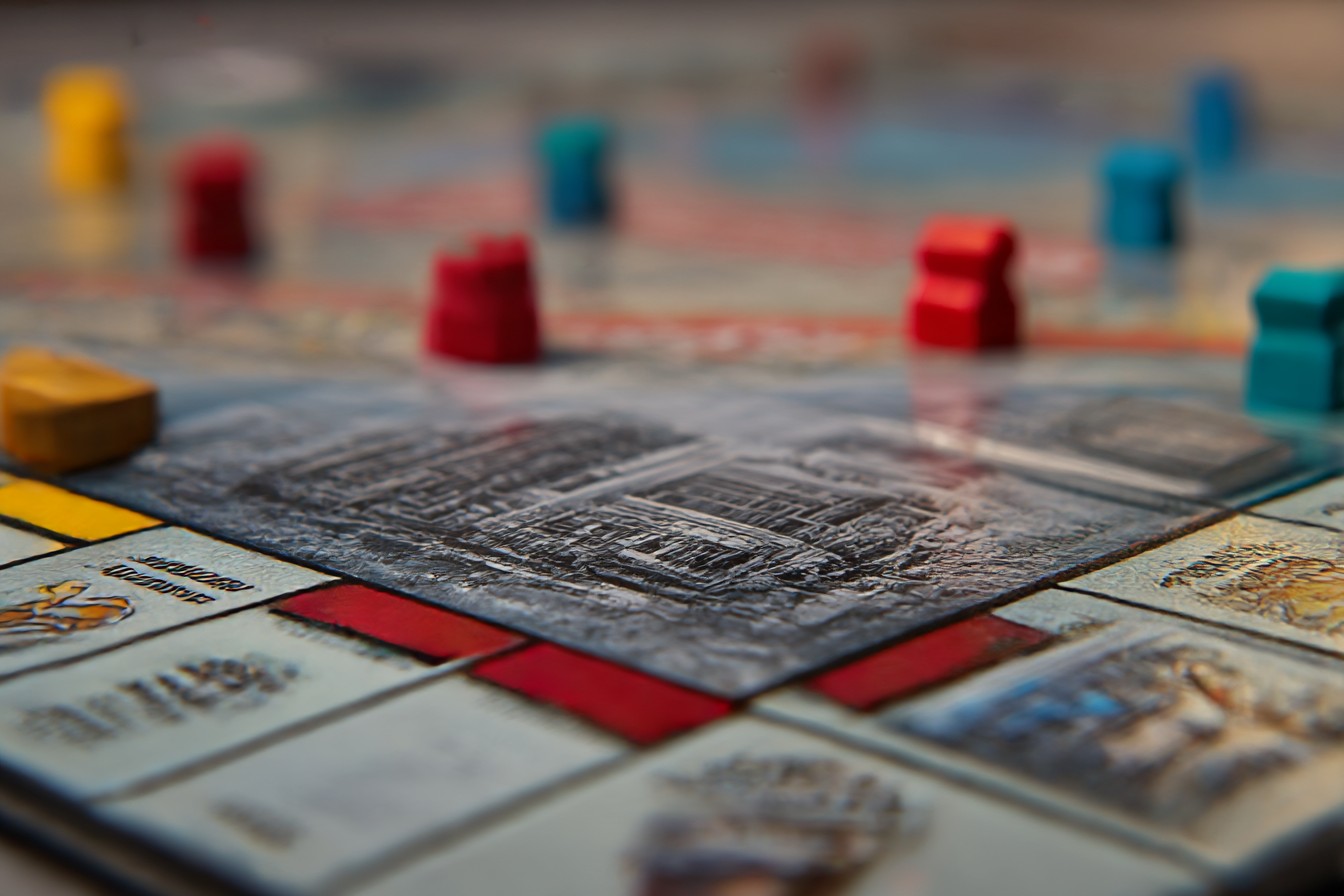So my friend Jake brought over Monopoly Canada Edition last month thinking he’d finally found a way to beat me at my own game night. I mean, I’ve been hosting these things for eight years and he’s never won a single property-trading game against me. Poor guy was so confident, talking about how all my “American Monopoly tricks” wouldn’t work on Canadian soil.
He was partially right, which honestly stung a little.
Look, I’ve probably played Monopoly maybe… God, I don’t know, hundreds of times? Different editions, drunk versions, speed versions, you name it. It’s not my favorite party game by any stretch – way too long and tends to destroy friendships – but people keep bringing it to game night so I’ve gotten pretty good at it. The Canada edition though? It threw me for a loop in ways I didn’t expect.
The thing is, it looks like regular Monopoly at first glance. You’ve got your properties, your money, your little metal pieces (though they’re themed for Canada, which is cute). But once you start playing, you realize the property values are all shifted around in subtle ways that completely mess with your standard strategies. Toronto and Montreal are obviously the big money properties, like Park Place and Boardwalk, but everything else is positioned differently on the board and priced differently too.
I learned this the hard way during that first game with Jake. I went with my usual opening strategy – buy everything I land on during the first time around the board, as long as I can keep at least two hundred bucks in reserve. Works great in regular Monopoly, keeps your options open, gives you trading material later. But the Canadian property values meant I was spending money in ways that didn’t set me up for the same kind of trades I’m used to making.
The orange and red properties are still golden though, maybe even more so in this version. Here’s why – jail’s in the same spot as always, which means statistically those properties just after jail get landed on more often. Basic probability. But in the Canada edition, the rent progression on those properties is steeper than I expected. Jake figured this out before I did, the bastard, and locked up those properties while I was messing around trying to complete a monopoly on the cheaper end of the board.
Via Rail stations replace the regular railroads, which is thematically nice I guess, but they function exactly the same. Four stations, rent goes up with each one you own, decent income stream if you can get them all. What I’ve noticed is they’re positioned slightly differently than regular railroads, which changes how often players land on them. Sounds minor, but when you’re talking about steady income over a long game, those differences add up.
And oh boy, do these games run long. I thought regular Monopoly was bad, but something about the Canadian property values makes games drag on forever. We had one game night where we started playing around eight PM and didn’t finish until almost midnight. By the end, people were getting genuinely annoyed with each other, which is exactly why I usually steer groups away from Monopoly in the first place.
The tax squares hit different too. Maybe it’s just psychological, but paying Canadian tax amounts feels more real somehow? I’ve watched people land on those squares and become way more conservative with their spending, which creates opportunities if you’re willing to stay aggressive. Last week, Sarah hit the higher tax square early in the game and basically refused to buy anything for the next hour, even though she had plenty of cash. I swooped in and grabbed properties she should have been fighting me for.
Housing shortages are still a viable strategy, maybe more so in this edition. The way the properties are valued, you can create some nasty situations by buying up all the houses and just sitting on them. I did this to a group of friends a few weeks ago – bought four houses each on the cheaper properties and just… stopped building. Nobody could develop their more expensive monopolies because I was hoarding all the houses. Evil? Maybe. Effective? Absolutely.
The mortgage game gets trickier because the relationships between purchase price, mortgage value, and potential rent are different from what you’d expect if you’re used to regular Monopoly. I made some bad mortgage decisions in my first few games because I was operating on muscle memory instead of actually thinking about the math. Cost me at least two games I should have won.
Trading is where this version really gets interesting though. The shifted property values mean some trades that look terrible might actually be brilliant, and some that seem fair are totally lopsided. I’ve started paying way more attention to the rent charts and doing actual math instead of relying on intuition. Which is annoying, honestly, because I liked being able to play Monopoly on autopilot.
My gaming group has mixed feelings about the Canadian edition. Some people love the fresh take on familiar gameplay, others think it’s change for the sake of change. Personally? I appreciate any version of Monopoly that makes me reconsider my strategies, even if it means losing to Jake that first time.
The endgame moves faster once someone gets developed properties, which is both good and bad. Good because games don’t drag on quite as long once momentum shifts. Bad because if you’re not paying attention, you can go from comfortable to bankrupt in just a few turns around the board.
What really gets me is how the small changes add up to genuinely different gameplay. It’s still Monopoly – still too long, still relationship-destroying, still oddly compelling despite its flaws. But it’s Monopoly that demands you pay attention instead of coasting on experience.
Would I recommend it for game nights? Eh, probably not as a regular thing. It’s still Monopoly, which means it’s still a three-hour commitment that might end with someone storming out. But if you’ve got a group that enjoys property trading games and wants something familiar but different, the Canada edition delivers on that promise.
Just don’t expect your regular strategies to work perfectly. Trust me on that one.
Christine lives in Nashville and knows how to make any group laugh. She writes about party games, social dynamics, and hosting game nights that actually work. Her motto: keep it light, keep it fun, and never underestimate the power of good snacks.


Leave a Reply